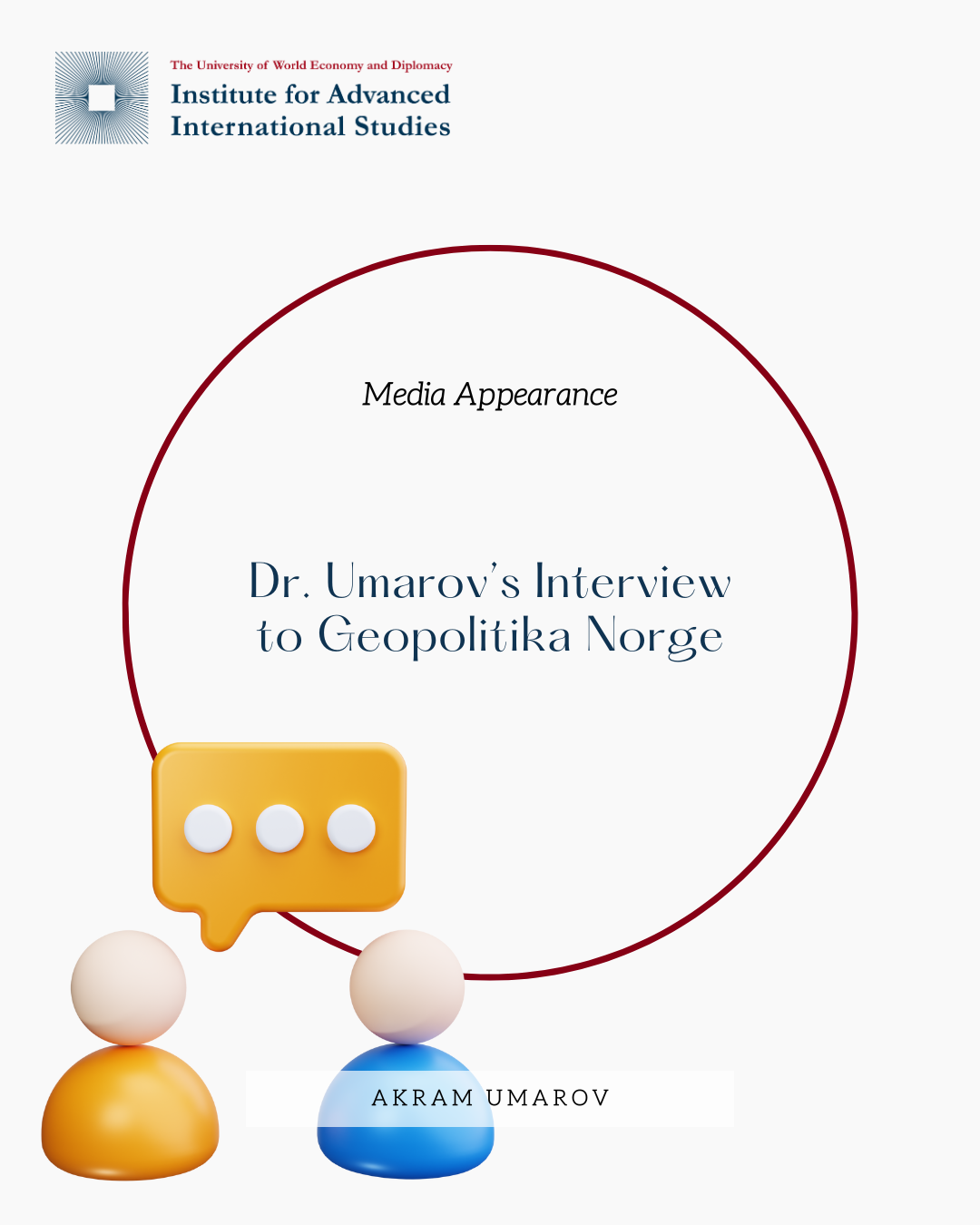In a wide-ranging interview with the Eurasian System Science Research Association (ESSRA), Odil Gafarov, Deputy Director of the Institute for Advanced International Studies, offered a comprehensive analysis of Central Asia’s evolving role in the global geopolitical landscape. Reflecting on his academic and professional journey through Uzbekistan, China, and the United States, Mr. Gafarov explained how these experiences shaped his nuanced understanding of the region’s multi-vector diplomacy, domestic governance traditions, and strategic partnerships, especially with China.
He challenged the perception of Central Asian states as passive players caught between great powers, instead portraying them as strategically agile actors actively balancing relations among Russia, China, the United States, Europe, and emerging middle powers. He illustrated this with examples ranging from Chinese investment in security and infrastructure projects to India’s support in the IT sector, underscoring how Tashkent and its neighbours deliberately cultivate a diversified network of partners to safeguard sovereignty and spur development.
A significant portion of the interview focused on China–Central Asia relations. An expert emphasised that geographical proximity, economic pragmatism, and technological opportunities make cooperation with China a strategic necessity, particularly in areas such as renewable energy, digital innovation, and infrastructure modernisation. However, he also highlighted persistent “knowledge gaps” and cultural unfamiliarity between Chinese and Central Asian stakeholders, calling for deeper people-to-people exchanges, academic cooperation, and language training to ensure long-term mutual understanding.
The discussion also explored domestic governance capacity, water security, and climate resilience. He noted the enduring strength of Central Asia’s state institutions, rooted in centuries-old traditions of governance and reinforced by modern education systems. At the same time, he warned of mounting challenges such as the Kashtapa Canal project in Afghanistan, climate-induced water scarcity, and outdated energy infrastructure, stressing the need for technological assistance, regional coordination, and sustainable development partnerships to avert future crises.
Finally, Mr. Gafarov concluded by reaffirming Central Asia’s strategic autonomy within a multipolar world, insisting that the region’s future lies in pragmatic, diversified diplomacy and proactive engagement with both major and middle powers. His interview offered a rare insider’s perspective on how Central Asian states are transforming from “invisible players” into shapers of Eurasia’s geopolitical and economic order.
Read the interview on ESSRA
* The Institute for Advanced International Studies (IAIS) does not take institutional positions on any issues; the views represented herein are those of the author(s) and do not necessarily reflect the views of the IAIS.

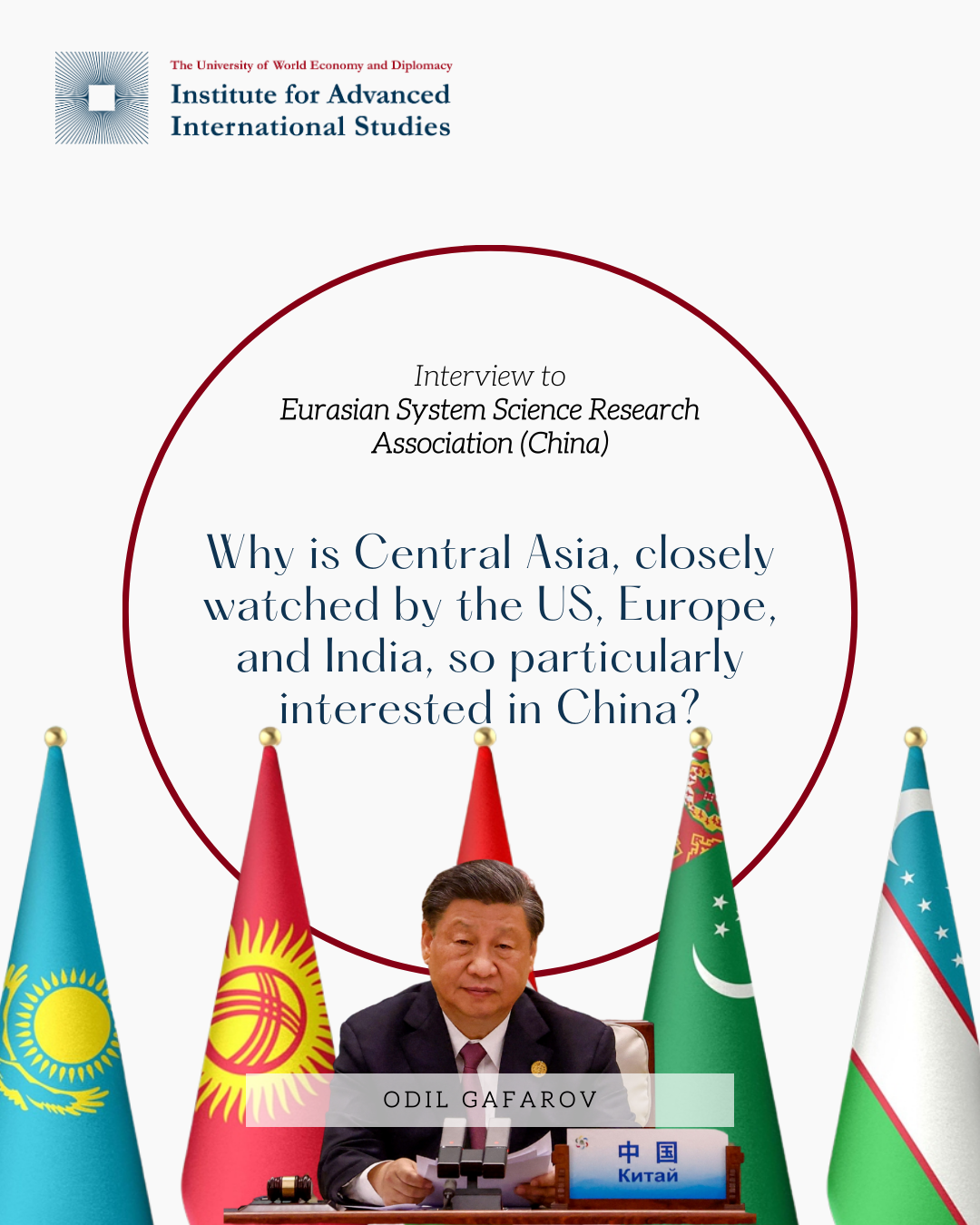
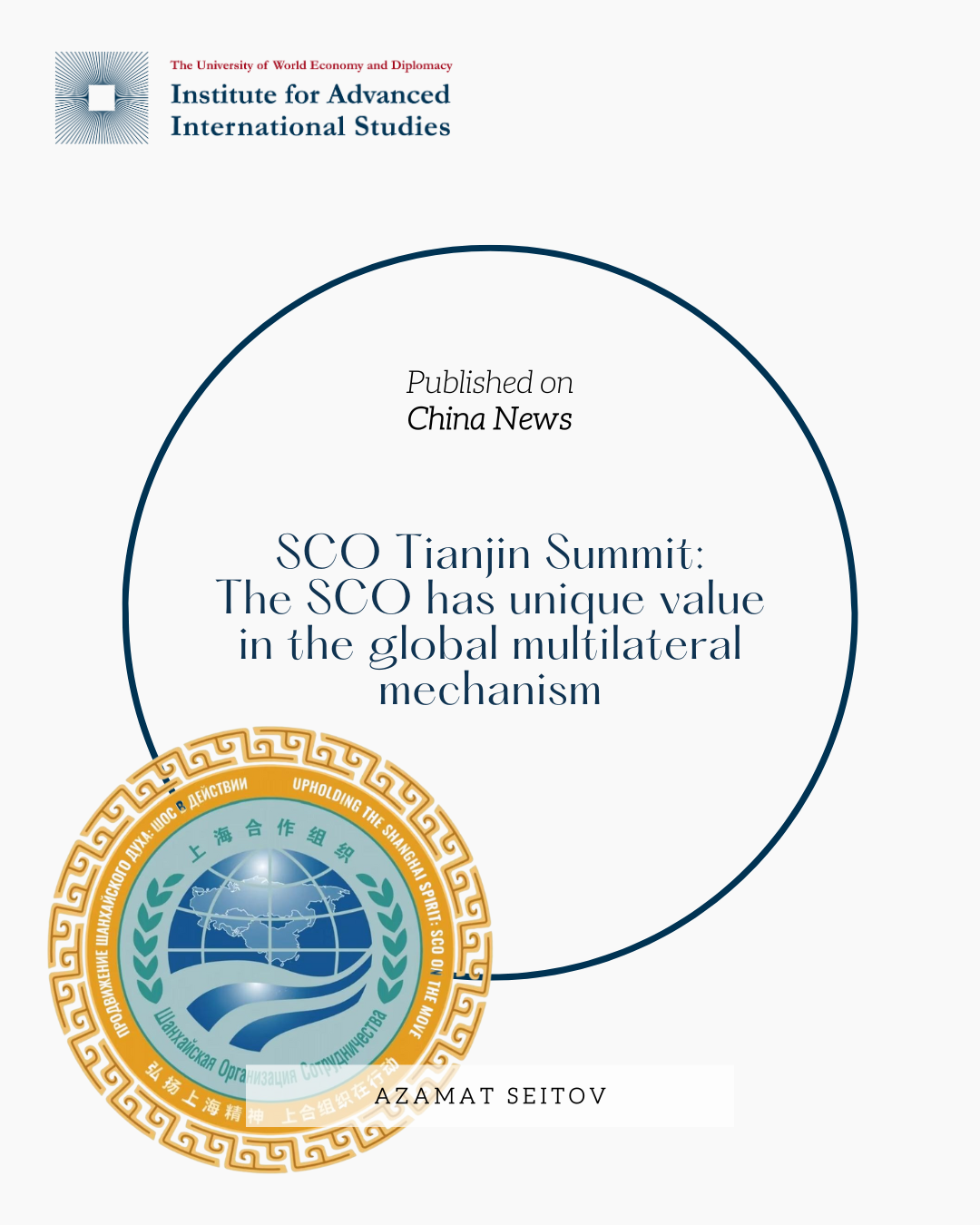
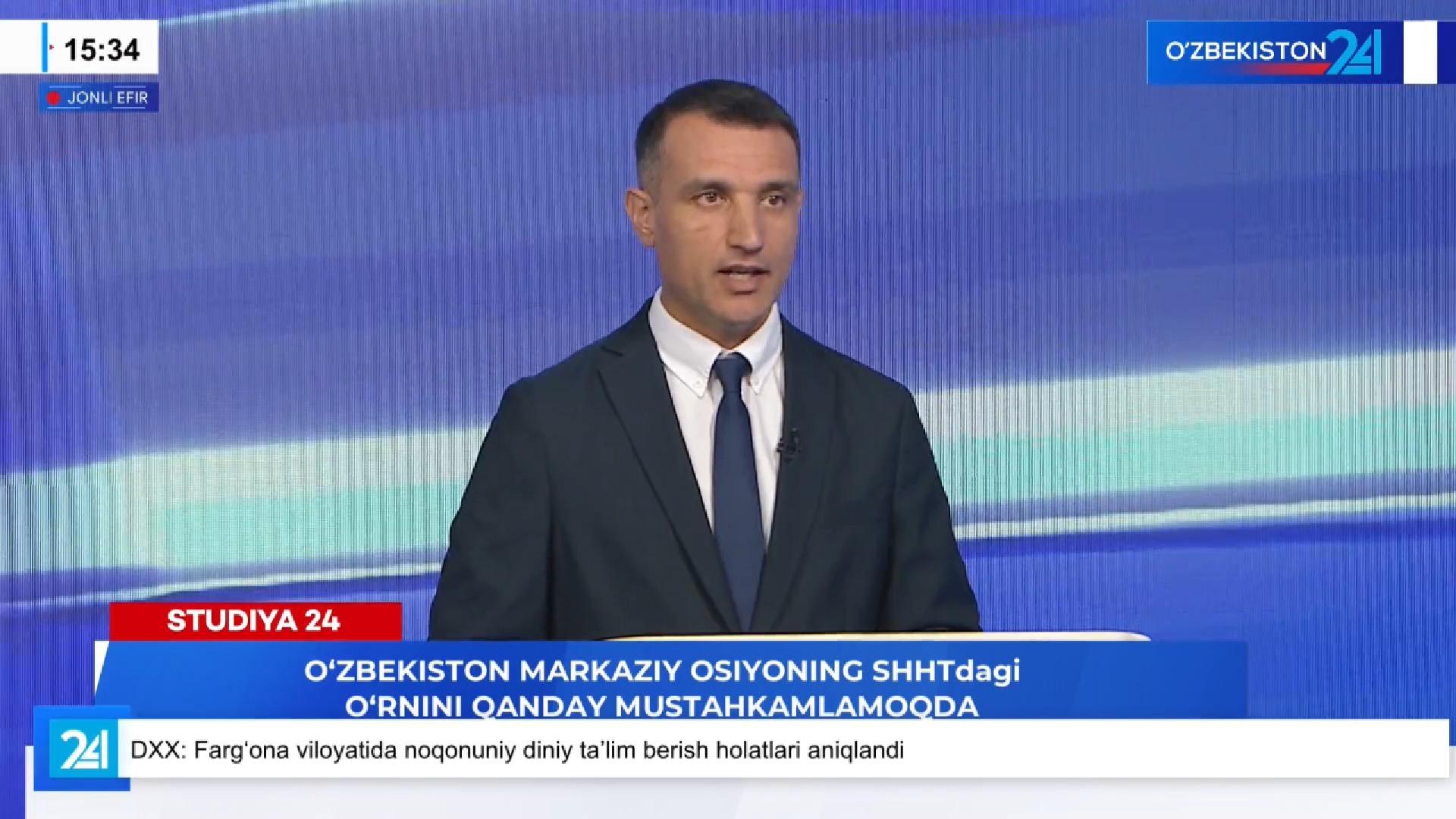
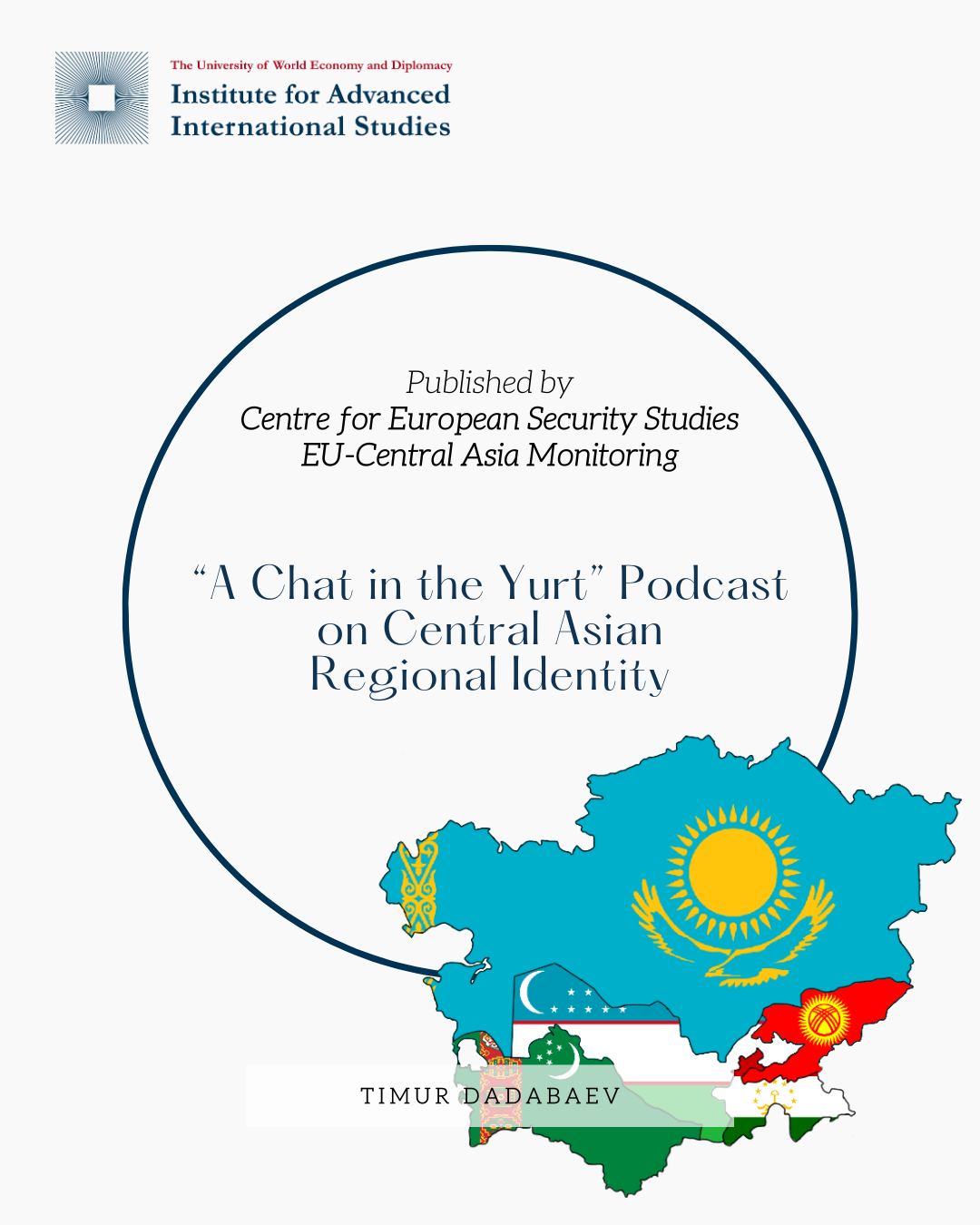
-Обложка.jpg)
